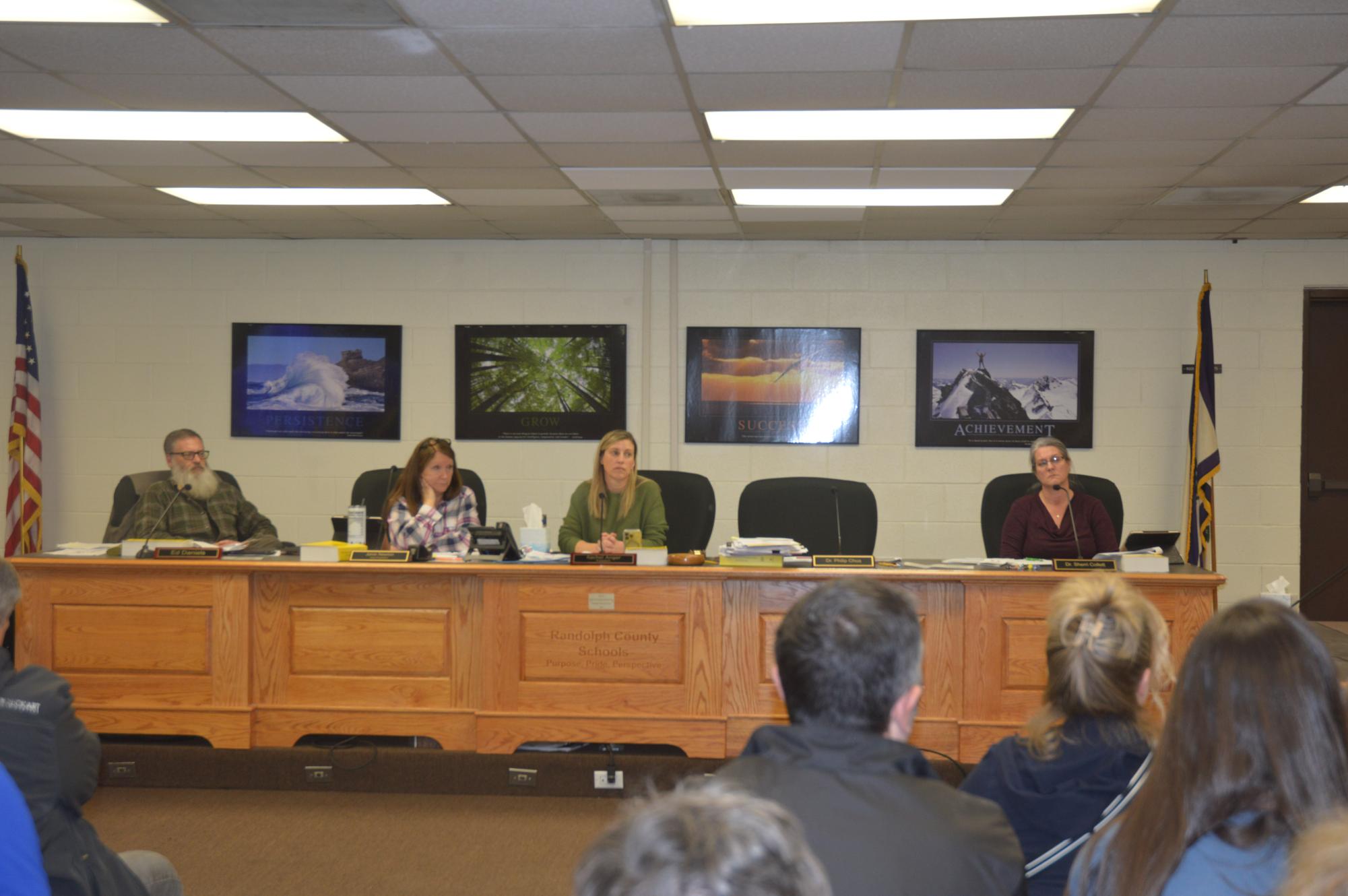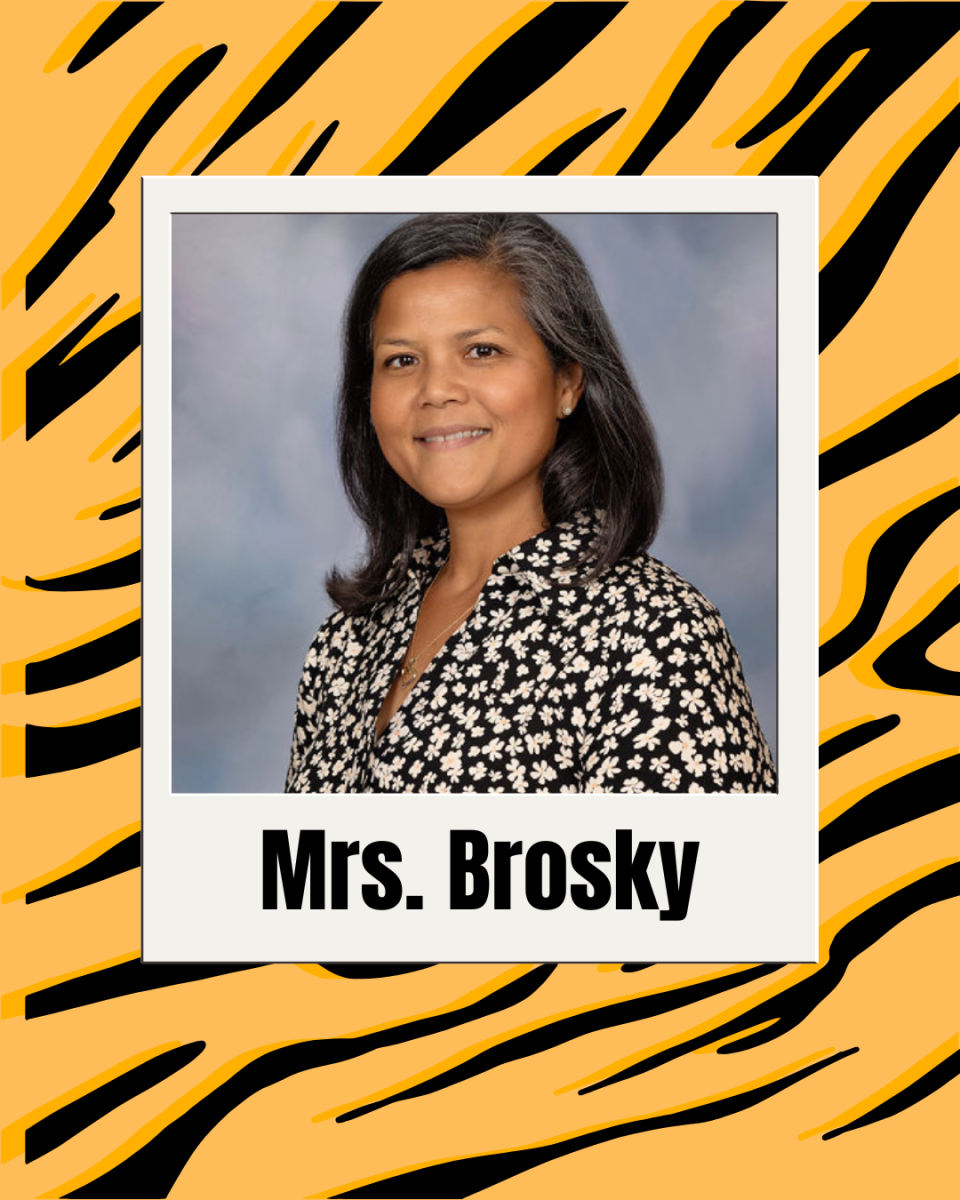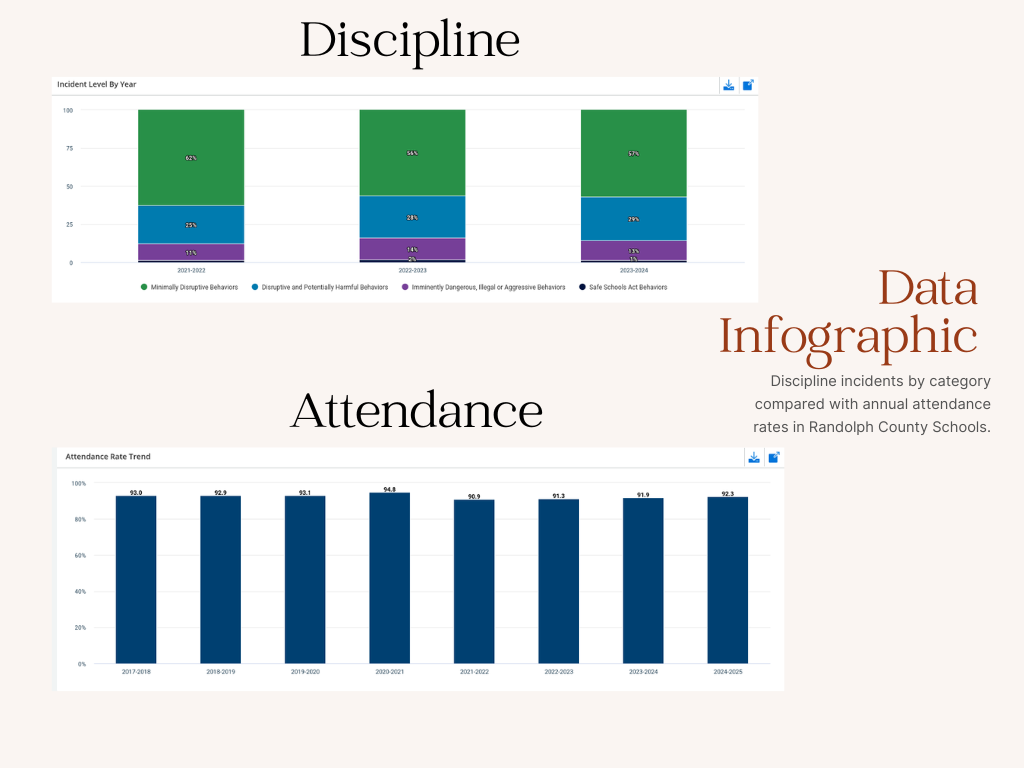The Randolph County Board of Education held a regular meeting today, February 4th, 2025, at 5:00 P.M. in the Board Room at Central Office. This meeting also served as the first of two public hearings regarding the proposed 2025-2026 school calendar. Many of the members of the public also took this opportunity to voice their concerns following the decision not to close Harman and Pickens schools.
Michelle Tenney spoke after Susan Evick, both of which have been Title 1 teachers for over two decades. Title 1, part of the Elementary and Secondary Education Act (ESEA), is a federally funded program designed to provide financial assistance to schools with high percentages of children from low-income families. Its goal is to ensure that all children, regardless of socioeconomic status, have access to a high-quality education and can meet challenging state academic standards. In West Virginia, a state where economic disparities can significantly affect educational outcomes, Title 1 teachers are indispensable for several key reasons. One of these is addressing educational equity. West Virginia faces unique challenges, including high poverty rates, especially in rural and Appalachian areas. Title 1 teachers work directly with students who are most at risk of falling behind due to economic hardships. They create tailored instructional strategies that bridge the gap between disadvantaged students and their peers, fostering an environment where every child has the opportunity to succeed. Early intervention is critical in preventing long-term academic struggles. Title 1 teachers often work with younger students in elementary grades, where they can identify learning difficulties early and implement strategies to address them before they become significant barriers to success. This proactive approach is vital in a state like West Virginia, where access to supplemental educational resources outside of school may be limited.
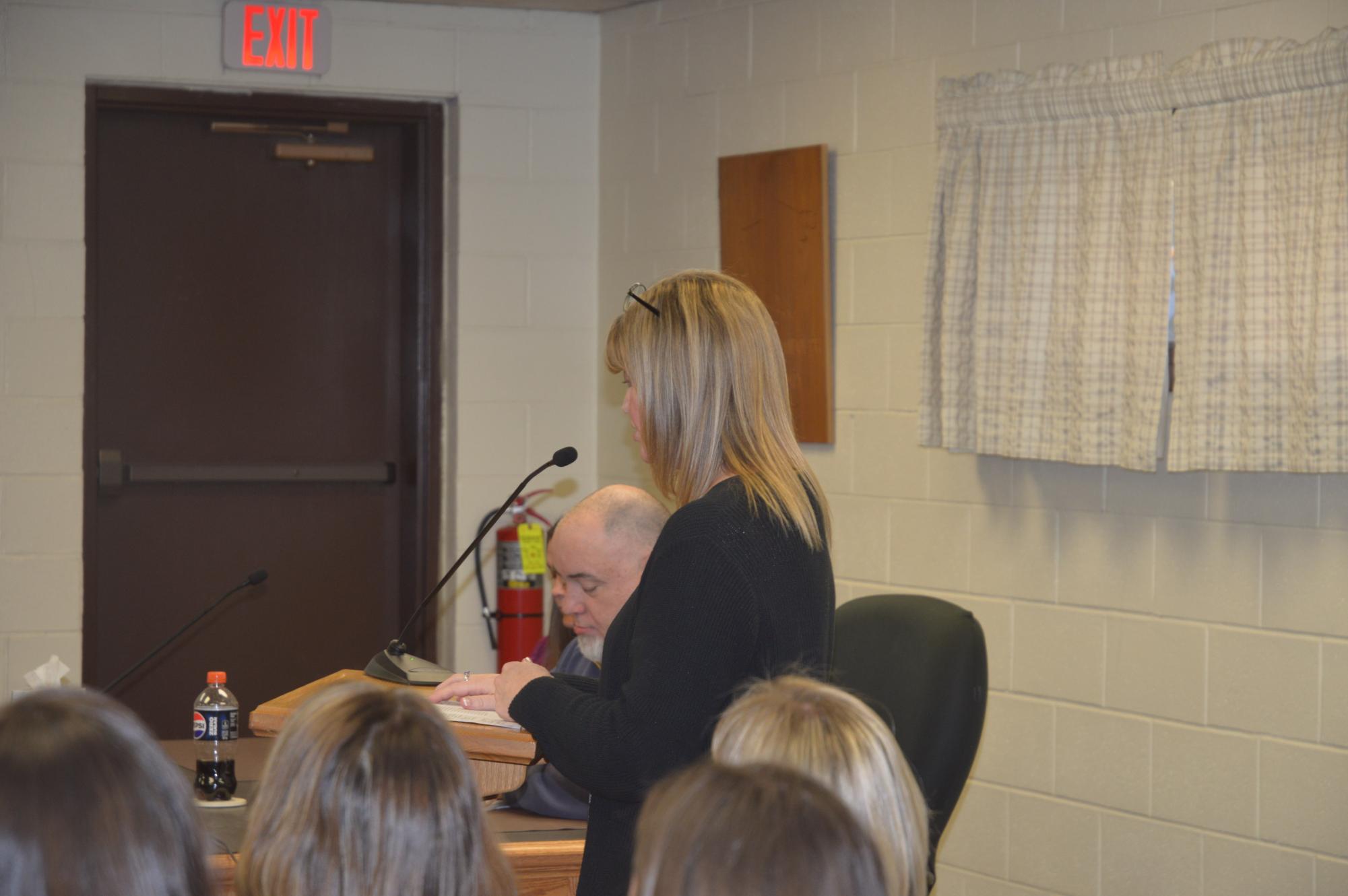
“I wanted to highlight some of the positives of Title 1 at Third Ward as we move onto personnel season”, said Susan Evick, “as Title 1 teachers we are members of our student assistance team, and what that entails is that we meet weekly, those meetings could be about academics for students, behavior for students, but as a team, we meet and have discussions that include the parent, the homeroom teacher, and interventionists. We come up with ideas to problem-solve an issue we may be having. As Title 1 teachers, we also provide support to other teachers while looking at their reading data from I-Ready. We also help them adjust lessons so that students are receiving the proper interventions for their grade level.”
April Coffman, a third-grade teacher at Jennings Randolph Elementary School, spoke soon after. “Without
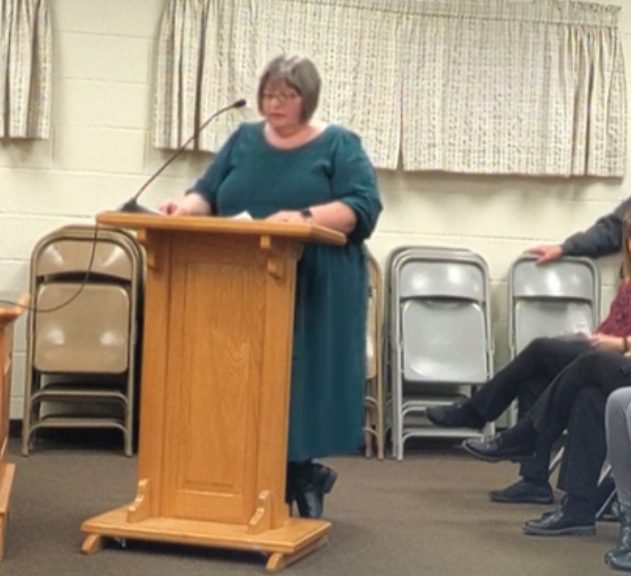
the Title 1 teachers that we now have, we would be expected to perform all these extra duties—all this extra data, all the extra paperwork, and we already have more on our plates than we can handle now. But, we do it because that’s what teachers do, we adapt. We do it, but we always end up doing it with fewer resources.”
April Coffman continued with a new topic, “Another fear that we have is the possibility that guidance counselors could be shared with other schools. Katie Hopwood is our amazing guidance teacher and we utilize her and her skills every single day. At a time when mental health issues are rising at an alarming rate, and we are seeing younger and younger students suffer, lessening the guidance services is not an answer. The American School Counselor Association described an ideal caseload as 250 students to 1 counselor to be effective. Obviously, more than one school would almost double that ratio.”
An effective student-to-counselor ratio is essential for fostering academic success, personal development, and overall well-being in schools. When counselors are responsible for too many students, it limits their ability to provide individualized support, timely interventions, and meaningful guidance in areas such as academic planning, mental health, and career readiness. A balanced ratio allows counselors to build stronger relationships with students, better understand their unique needs, and proactively address issues like stress, anxiety, and social challenges. This is especially important in today’s educational landscape, where students face increasing pressures both inside and outside the classroom. Schools with appropriate counselor ratios create a more supportive environment, leading to improved academic outcomes, higher graduation rates, and healthier, more resilient students.
Shortly after, Becca McCracken stepped in front of the Board members. “I left a six-figure job to come here. I came here because I love Randolph County. I just want to let you know, that as someone who has moved here, for this happiness and wonderful community, this is killing me. If I had more kids, I wouldn’t stay. My daughter is almost done, she’ll get through, but I think we need to make a change so that people will want to stay here and want to come here.” Becca McCracken shifted to her scheduling concerns. “I’m very analytical. My background is in industrial engineering. When I make a decision about things like block scheduling, I make pros and cons. I see if I can mitigate the cons, and if I can’t, it leads me to a very fast conclusion. Looking at block scheduling, one of the pros—reduced travel times between classes. It’s fewer transitions to manage for the students. A lot of children who are neurodivergent have a very difficult time changing and changing and changing. Even regular kids who don’t have neurodivergent brains have trouble with that. Other pros to block scheduling is that there is more opportunity for in-depth projects. It also reduces overwhelm. Managing four classes is a lot already, but managing eight is difficult.”

A period schedule, especially one with numerous short class periods packed into a single day, can easily overwhelm students due to the constant need to shift focus between different subjects, teachers, and expectations. This rapid transition leaves little time for deep engagement with the material, making it challenging for students to absorb and retain information effectively. Additionally, juggling multiple assignments, deadlines, and varying classroom routines can heighten stress and anxiety, particularly for students who struggle with time management or organization. The mental fatigue from switching cognitive gears repeatedly throughout the day can also reduce attention spans and diminish overall academic performance. For some students, the lack of downtime between classes limits opportunities to process what they’ve learned, ask meaningful questions, or seek extra help, further contributing to feelings of frustration and burnout.
“Doubling the times we are in the hallway, we’re going to see more fights, more drama. The cons to block scheduling are that some students lose focus”, Becca McCracken continued, “if you miss a class for sports or illness, you miss a lot of work, even just for one day. The other con is that the pace of learning is much faster, you get things done in a semester rather than a year, and for some students that is difficult.” Becca McCracken elaborated, proposing a solution. “Do a rotating day. Day 1 is period 1,2,3,4. Day 2 is period 2,3,4,1. Then, you keep doing that for A days, B days, C days, and D days. That way, when you have kids that are missing the last part of the day because of activities, they’re not missing the same class.”

Next, Diane Betler stood in front of the Board. She is a Pickens school graduate, as well as having taught there and having been the principal. “I want to sincerely thank you for your vote to keep the Harman school open and subsequently the Randolph County School Leadership team for deciding to withdraw the proposal to close Pickens. I want to commend you for your compassion for our children, our schools, and our communities.”
Rural schools are often considered vital to their communities, serving as more than just educational institutions—they’re central hubs for social, cultural, and economic activity. They bring people together through events, sports, and traditions, fostering a strong sense of community.
“Pickens school is a very unique place, offering very personal educational experiences”, Diane Betler continued, “Our school administrators, our teachers, and our staff are very dedicated to serving our students.”
The Randolph County Board of Education convened on February 4, 2025, to discuss critical issues impacting our schools and community. The next meeting is scheduled for Tuesday, February 18, 2025, at 5:30 p.m. at the Board of Education Central Office. Community members are encouraged to attend and participate in the ongoing dialogue to shape the future of education in our wild and wonderful state.

